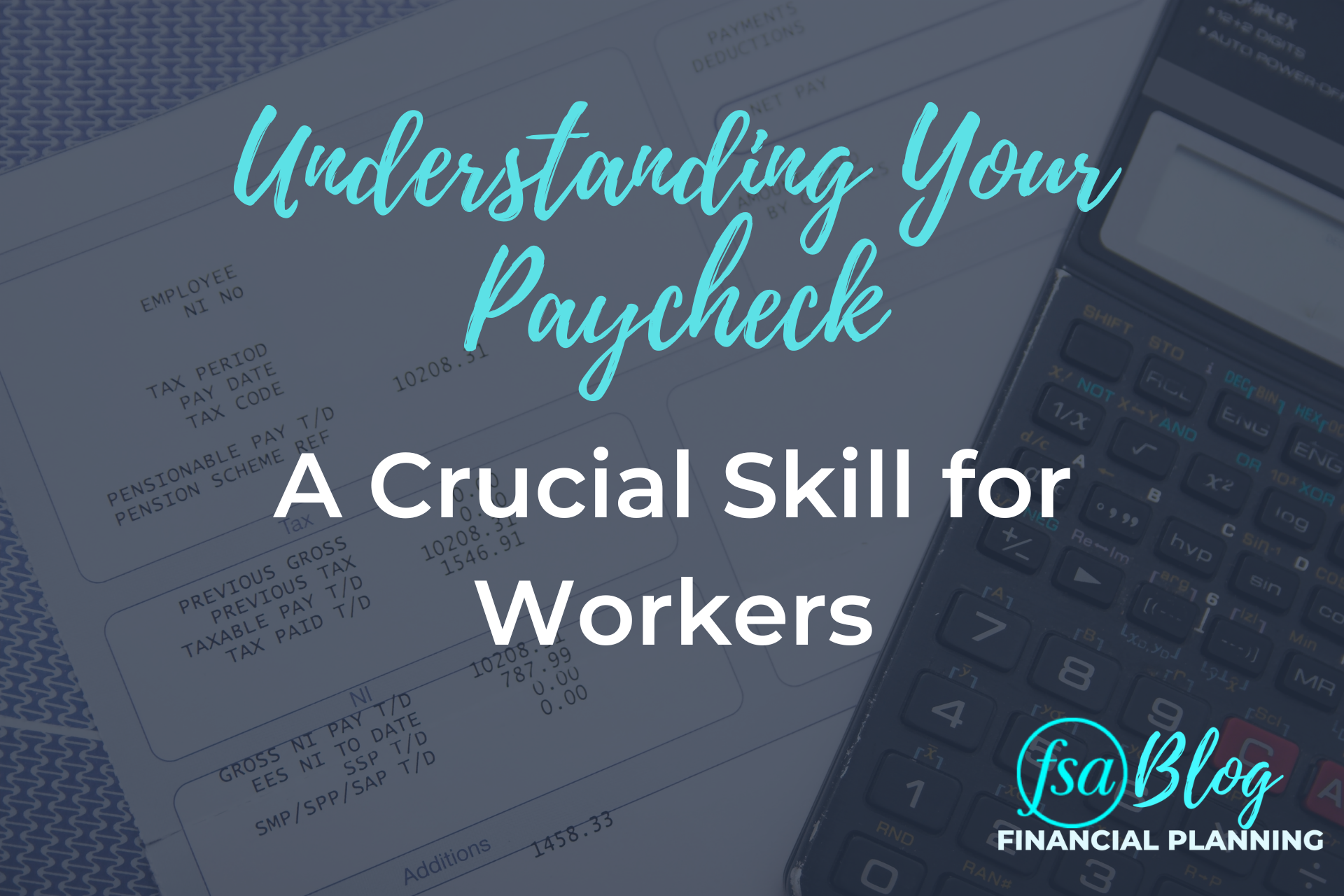If you’ve been trying to buy a house over the past year, then you’ve probably experienced the craziness of the housing market firsthand. According to the CoreLogic Case-Shiller Index (which tracks the value of single-family homes), May 2021 saw the largest increase in average U.S. home prices in history with an average increase of 16.6%. In some markets, such as San Diego and Phoenix, home values soared as much as 25%.
This surge is the result of a “perfect storm” of factors which has led to some buyers waiving contingencies and putting down all cash offers.
Let’s take a brief dive into those factors.
Low Interest Rates
If you’re not familiar, the federal funds rate is the interest rate at which commercial banks can borrow and lend their excess reserves to each other overnight. This rate trickles down to consumers and can impact the interest rates of everything from credit cards to mortgage rates.
Over the past 10 years, the federal funds rate has barely crept over 3%. However, in 2020 the Federal Reserve slashed the interest rate to practically 0% to battle the effects of COVID-19. This lower interest rate translates into lower mortgage payments for borrowers and allows people to purchase bigger homes.
For example, let’s say you can afford $2,000/month on a 30-year mortgage. Assuming a 4% interest rate, you could hypothetically afford a $418,000 loan. At 3% this increases to $474,00.
Although the interest rate has not been raised yet, many people are anticipating the Federal Reserve will increase the federal funds rate once the worst of the pandemic is behind us. In one of the recent Federal Reserve meetings, the chairmen indicated possible rate hikes in 2023.
With imminent rate hikes, many people are rushing to secure a lower mortgage payment now.
Riskiness in Stocks
The stock market has been red hot over the past 11 years and has outperformed its long-term average. Due to this, many investors feel that the stock market is overvalued and are anticipating a reversion to the mean via a significant crash or correction.
To diversify their portfolios, many larger investment banks are moving a portion of their money out of stocks and into real estate. During the first quarter of 2021, corporate investors snatched up 15% of total U.S. homes for sale. They’ve been buying so much that a single investment firm won a bidding war to purchase the entire town of Conroe, Texas.
The next time you put in an offer on a home, you may be up against an institutional investor.
A Surge in Saving and Sequential Purchasing
The pandemic of 2020 served as a financial wake-up call for many people. Due to the uncertainty surrounding the pandemic, consumers put the clamp on their purse strings and started saving more money. Despite many people being laid off or furloughed, the Kansas City Fed determined that the savings rate nearly quadrupled from December 2019 to April 2020.
Consumers also received several stimulus payments throughout the year to help bolster their savings accounts.
Now millennials (powered by extra savings and low interest rates) are fiercely bidding on homes. It is not uncommon for the first-time homebuyer to place numerous offers before winning a bid. Some buyers are even making offers before seeing the house in-person!
Add working from home opportunities to the mix, and there is more demand from city workers to purchase homes with more space. Urban towns with single family homes are more attractive when it’s unnecessary to commute to the city office.
Low Supply of Houses on the Market
Economics 101: When demand increases and supply decreases, prices consequently rise.
Just like so many other industries, homebuilders were interrupted during COVID-19. The pandemic created a shortage of workers as well as a surge in the cost of materials, especially lumber, due to supply chain limitations.
On top of homebuilders having a hangover from the previous housing market crash, the increased costs of materials have created hesitancy to mass produce homes to satisfy the demand. Thus, existing homes are getting snatched up at an even faster rate.
Luckily, every storm, no matter how perfect, will come to an end. In fact, in recent months, housing prices have fallen slightly. Although our crystal ball has not indicated when the housing market will cool off, if you are in the market to either buy or sell real estate, we are happy to talk you through the process! If you have any questions or comments, please let us know at questions@FSAinvest.com.
FSA’s current written Disclosure Brochure and Privacy Notice discussing our current advisory services and fees is also available at https://fsainvest.com/disclosures/ or by calling 301-949-7300.







